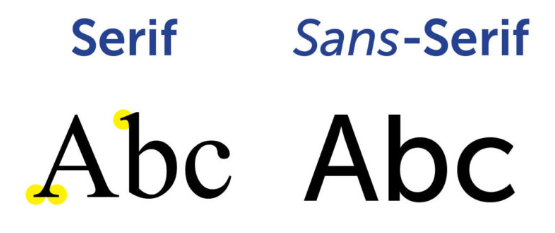Embracing Micro-Accommodations for Autism: Insights from the ARIE Conference at George Mason
The Access to Research and Inclusive Excellence (ARIE) National Conference at George Mason University served as a pivotal platform for discussing diversity, equity, and inclusion (DEI) about autism and the implementation of micro-accommodations. The event featured impactful and engaging discussions, highlighting how minor adjustments can benefit neurodiverse individuals.
Doc says, "I chose to prioritize readability over conventional academic standards, and it made a huge difference," referring to his presentation poster.
"I refused to follow the font rules because the font rules of almost all academic posters utilize Times New Roman font, even though they tell you accessible means to use a sans serif font. So, use a font without a foot, and then they tell you to use a footed font.”
People approached me at this conference saying, 'Yours is the only poster I can read from across the room.' I got a couple of thanks, and people said, 'I'm dyslexic. I can't read any of these posters, but I can read yours.'"
Another keynote speaker Nolan Cabrera touched on the future of DEI and said the only way to build it is to reconcile the past.
Aside from this, the conference neglected the historical context of disability, particularly Virginia's troubling legacy of forced institutionalization, which, in effect, had free subjects of experimentation.
Cabrera focused on the importance of challenging systemic biases within education. His research highlights the gaps that exist, particularly regarding disability, which is often overlooked in broader DEI discussions.
"I realized that people at an R1 university involved in DEI still have those blinders on," Doc says.
A recurring theme emerged throughout the conference: the necessity of reevaluating how institutions approach disability. While many initiatives focus on physical accessibility, true inclusivity requires systemic changes.
For example, George Mason's distinction between accessible and non-accessible entrances raised questions about how inclusivity is often superficially addressed.
"Accessibility cannot be an afterthought. It should be integrated into the very fabric of our institutions. If we're truly committed to DEI, we need to look at these systemic barriers" Doc explains. This call for action resonated with attendees, particularly among younger generations eager to advocate for change.
The ARIE conference highlighted not only the challenges faced by neurodiverse individuals but also the collective responsibility of all stakeholders to advocate for micro-accommodations and inclusive practices. Engaging in open dialogues about disability, race, and history can lead to a more equitable future.
As one participant shared their struggles with accessing information and resources, they expressed gratitude for the opportunity to voice their concerns. "It's refreshing to have a space where my experiences are acknowledged. It reinforces the idea that even small changes can make a significant difference."
"The energy in the room showed there's a real desire for change. We have to harness that and turn it into actionable steps moving forward," Doc says.
The ARIE conference at George Mason University was an enlightening experience that underscored the need for ongoing conversations about inclusivity, particularly regarding autism and micro-accommodations. By embracing the insights of leaders like Nolan Cabrera, attendees can strive toward a future where all individuals, regardless of their abilities, have the opportunity to thrive.
As the discussions from the conference continue to resonate, it is essential to remember that micro-accommodations are not merely adjustments; they are crucial steps toward fostering a truly inclusive environment. Together, participants can create spaces that celebrate diversity and empower every individual to reach their full potential. The journey toward inclusivity is ongoing, and events like the ARIE conference are important milestones in this vital effort.






